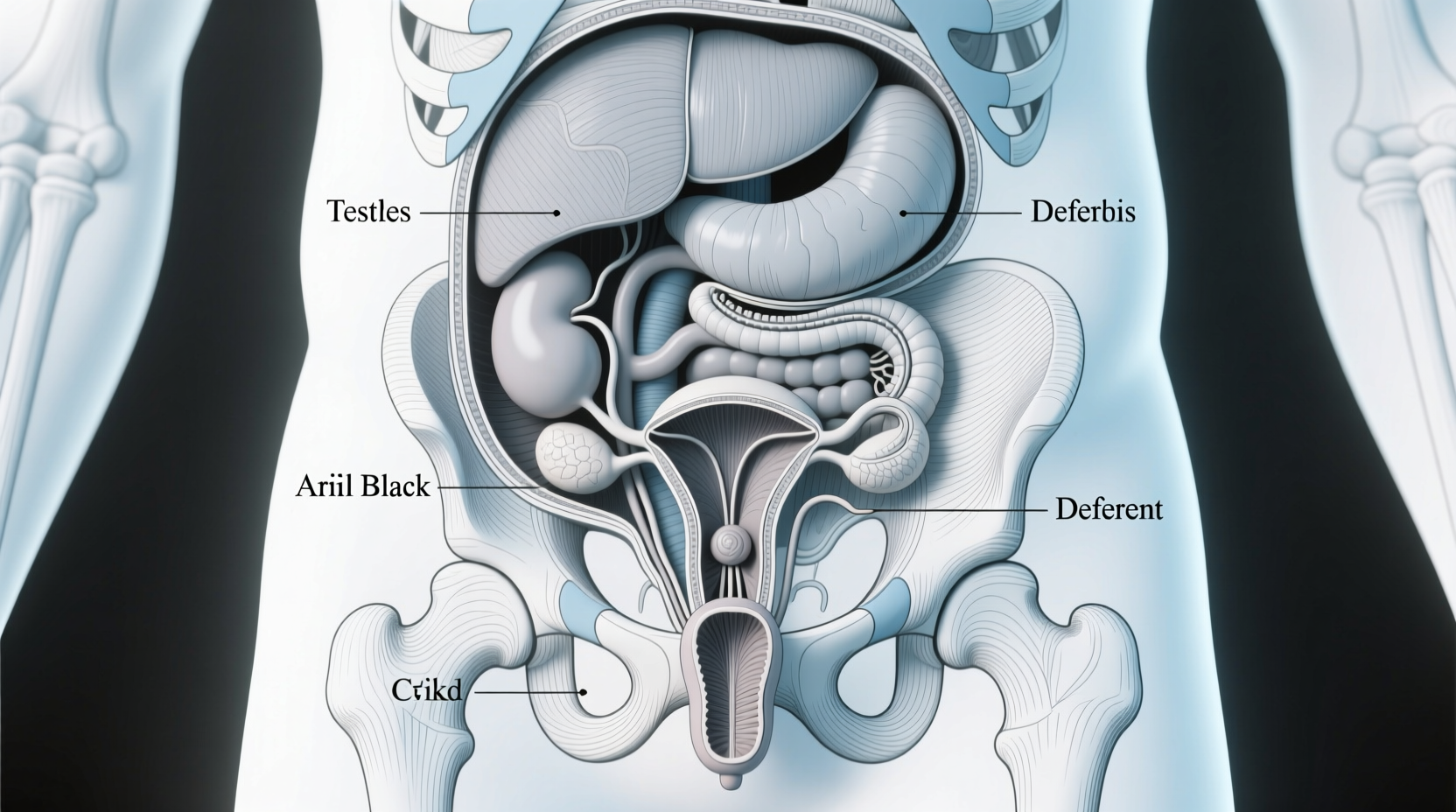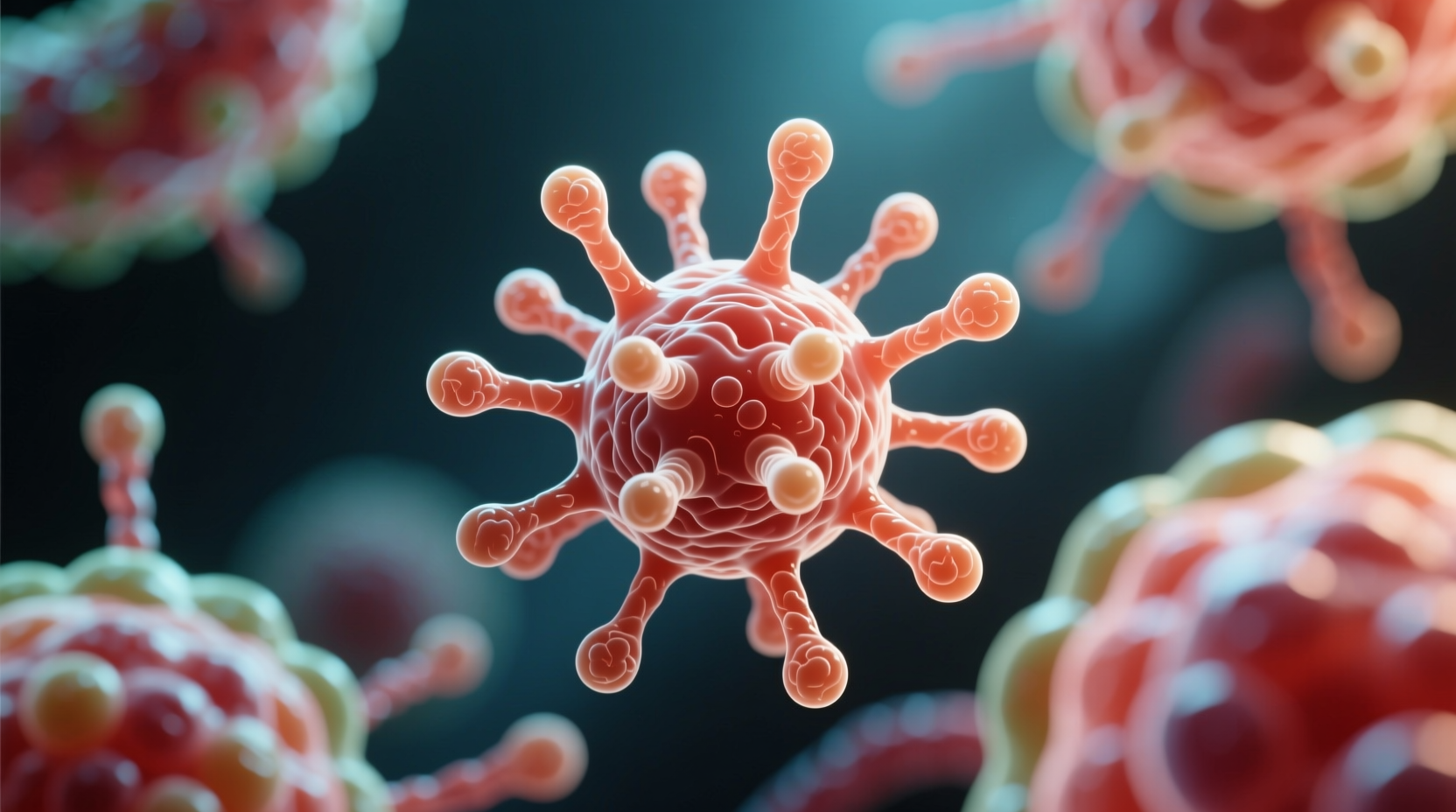Understanding Semen Composition and Taste Profile
Human semen consists of sperm cells suspended in seminal fluid produced by multiple glands. The distinctive taste primarily comes from this fluid, which contains:
| Component | Concentration | Taste Contribution |
|---|---|---|
| Fructose | 2-5 mg/mL | Sweet undertones (often masked by other components) |
| Zinc | 2.5 mg/ejaculate | Metallic flavor note |
| Proteins | 5-7% of fluid | Bitter aftertaste |
| Sodium Chloride | 0.3-0.5% | Salty characteristic |
According to research published in the Journal of Andrology, the average pH of semen ranges from 7.2 to 8.0, contributing to its slightly alkaline, bitter profile. This composition serves biological purposes—fructose provides energy for sperm motility while the alkaline nature helps neutralize vaginal acidity.
Factors That Influence Semen Flavor
Your dietary choices directly impact semen taste within hours. Certain foods introduce compounds that metabolize into the seminal fluid:
Dietary Impact Timeline
Changes in semen flavor typically follow this progression after dietary modifications:
- 0-6 hours: Minimal flavor changes
- 6-12 hours: Early flavor shifts become detectable
- 12-24 hours: Peak flavor transformation from recent meals
- 24-72 hours: Sustained flavor changes from consistent dietary patterns
Foods That Positively Influence Flavor
Certain foods create more pleasant taste profiles by altering chemical composition:
- Fruit sources: Pineapple, citrus fruits, and berries introduce natural sugars that counteract bitterness
- Herbal elements: Cinnamon, mint, and parsley provide refreshing notes
- Hydrating foods: Cucumber and watermelon improve fluid balance
Foods That Negatively Impact Flavor
Some dietary choices intensify unpleasant characteristics:
- Processed meats: Increase ammonia compounds creating stronger bitterness
- Dairy products: Contribute to thicker consistency and stronger flavor
- Caffeine and alcohol: Dehydrate the body, concentrating flavors

Health Considerations and Warning Signs
While taste variations are usually harmless, certain changes may indicate underlying health conditions. The Eunice Kennedy Shriver National Institute of Child Health and Human Development notes that significant flavor changes accompanied by other symptoms warrant medical evaluation.
Context Boundaries: When to Seek Medical Advice
Most taste variations fall within normal parameters, but these specific combinations require professional consultation:
- Persistent sour or acidic taste lasting more than 72 hours
- Unpleasant odor accompanying flavor changes
- Visible color changes (yellow, green, or blood-tinged)
- Pain during ejaculation with taste alterations
These symptoms could indicate infections like prostatitis or sexually transmitted infections that require proper diagnosis and treatment. Never attempt to self-treat potential medical conditions with dietary changes alone.
Practical Recommendations for Flavor Management
If you're concerned about semen flavor, these evidence-based approaches can help:
Hydration Optimization
Maintaining proper hydration dilutes compounds that contribute to strong flavors. Aim for 2-3 liters of water daily, monitoring urine color as a hydration indicator (pale yellow indicates optimal hydration).
Nutritional Adjustments
Implement these dietary changes gradually for sustainable results:
- Incorporate 2-3 servings of citrus fruits daily
- Add pineapple to your morning routine (fresh preferred over canned)
- Include leafy greens for mineral balance
- Reduce processed meat consumption by 50% over two weeks
Important Limitations
Be aware of these practical boundaries when addressing semen flavor:
- Genetic factors establish baseline flavor profiles that diet cannot completely override
- Smoking and recreational drug use create persistent flavor compounds
- Medications often have unavoidable effects on bodily fluids
- Complete flavor elimination is biologically impossible
Responsible Approach to Sexual Health
Open communication with partners about sexual health preferences remains crucial. The Mayo Clinic emphasizes that mutual understanding and comfort significantly enhance sexual experiences more than isolated flavor concerns. Focus on overall health rather than temporary flavor modifications for sustainable benefits.











 浙公网安备
33010002000092号
浙公网安备
33010002000092号 浙B2-20120091-4
浙B2-20120091-4